Acers, also known as Japanese maples, with their distinctive leaves and range of colors, is a beautiful addition to your garden or patio. They won’t do well in alkaline soil, so supplementing the soil will give them what they need to thrive. Do acers need ericaceous compost?
Due to the acidity levels in ericaceous compost, Acers would benefit from them. Acers are acid-loving plants, and ericaceous compost helps give them the soil they need to thrive. Minerals, especially iron, are essential for acers to develop their colorful leaves. This type of compost increases their iron absorption.
Now that you know that acers are best grown with ericaceous compost, you may have other questions. Let’s learn more about ericaceous compost and acers, how to grow acers, and much more!
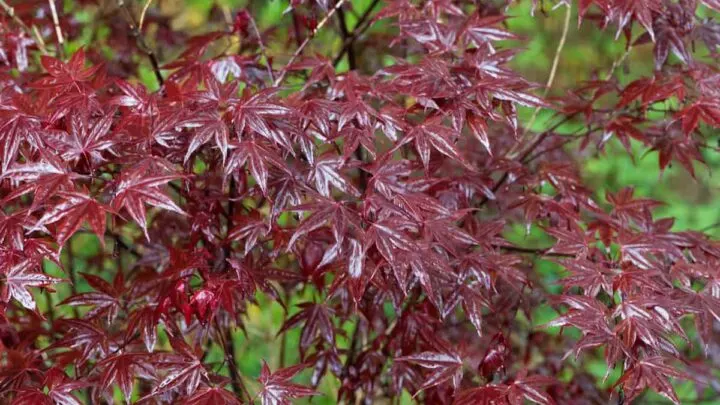
What are Acers?
Aces are deciduous trees and shrubs prized for their unique foliage and vibrant fall colors. They’re well-suited for small gardens and containers.
Acers belong to a genus of trees that includes large trees (maples and the sycamore) and small trees, including the well-known and popular Japanese Acers: Acer palmatum. Acer japonicum varieties are small spreading trees, while Acer palmatum are shrub-like because they’re wider than they are tall.
These trees grow slowly. The large trees can grow to 15-25 feet (taking 50 years to reach 25 feet), whereas the small trees will reach a height of 3-6 feet, making them ideal for the smallest of gardens and growing in pots.
New leaves on acers vary from yellow to lime-green to pink. Fall colors range from bright yellow to deep red. The red varieties need the sun to produce their intense color.
Do Acers Like Ericaceous Compost?
Acers, being acid-loving plants, require soil with a pH below 7. The soil should be well-drained but not dry to grow healthy and thrive.
Compost can help create the soil that plants need to thrive. The perfect compost for Japanese maples is called ericaceous compost. It will supply the right balance of soil structure, drainage, and nutrients to help them grow healthy and produce those beautifully-colored leaves.
Using ericaceous compost is especially important for acers grown in pots to optimize the soil the plants will grow in. It can be used as a component of the soil and as mulch for plants in the ground.
When planting acers, whether in the garden or pots, fill the hole with ericaceous topsoil and compost to give them the best start possible.
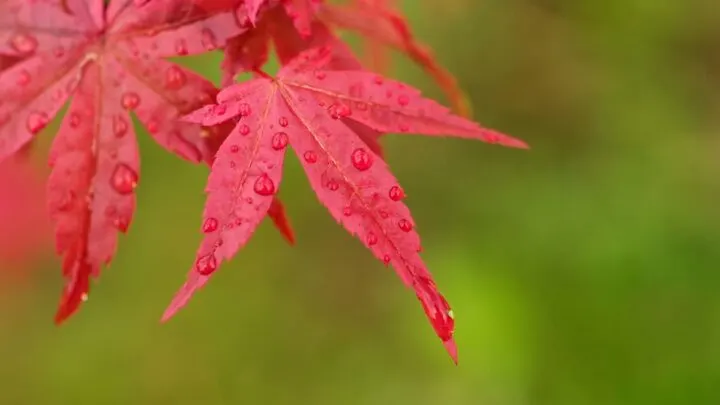
What Is Ericaceous Compost?
Ericaceous compost is a type of compost with a low pH suitable for acid-loving plants, including Acer palmatum plants. Usually, the pH level will be between four to five.
Japanese maples need plenty of iron and other minerals that can be bound up by lime in alkaline soil. Therefore, most gardeners choose ericaceous compost for these trees.
It can be used as potting soil to plant acers in pots and as a mulch to improve the soil around the acid-loving plants grown in the ground. Acers have shallow roots and do well with a thick mulch layer of this compost.
Growing Acers
These trees need certain growing conditions to be at their best. Besides acid soil, location, light, and shelter from the elements are required.
When planting your acer plant in the ground, keep the roots shallow (1 inch of soil over the roots) and not too close to other plants. Water regularly during the first summer, so it doesn’t get too dry. Mulch with ericaceous compost to prevent the soil from drying out.
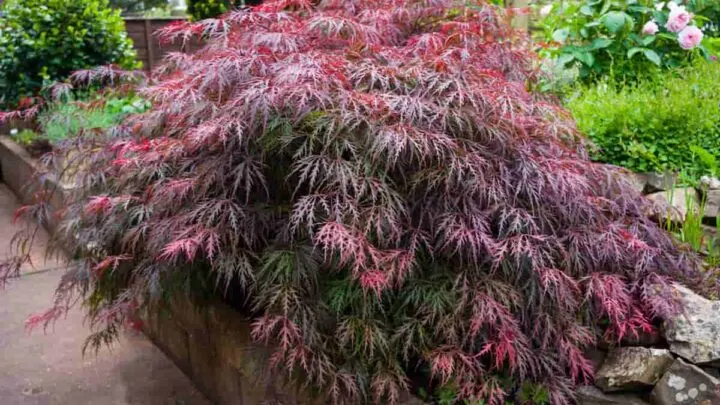
Where to Plant
When deciding where to plant your acers, consider the following:
Planting zone. Most Japanese maples are hardy in zones 6-8. Some varieties are hardy in zones 5 and 9.
Wind. Acers need to be sheltered from cold winds during the winter.
Spacing. Since they have shallow roots, acers can’t be planted too close together to avoid competition with other plants.
Sunlight. Although Japanese maples can live in full sun, dappled or partial shade, the optimal amount of light depends on the variety. Red leaves need more sun to develop their deep color yet need shelter from the hot mid-day and afternoon sun. Green leaves can withstand the sun for the whole day, though very bright light may cause scorch. Variegated leaves need partial shade to prevent scorching.
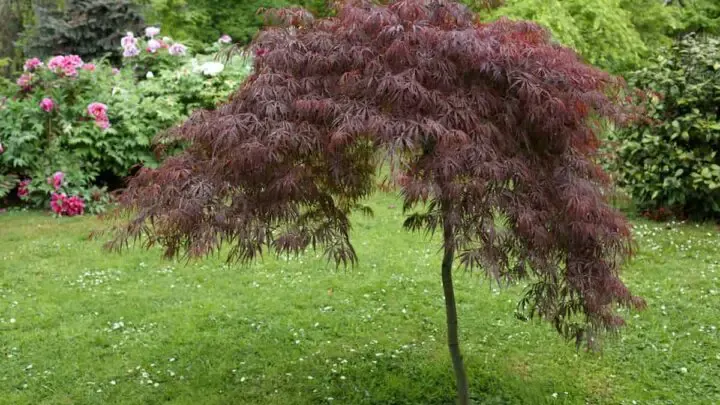
Acers in Containers
Acers are perfect plants for growing in containers. Dwarf or semi-dwarf varieties will grow well in a large pot.
The container should be about twice the size of the tree’s root ball or the container it came in. Don’t use too big a pot because this can cause health problems for the plant. One or more drainage holes are necessary.
Place the pot where you want it, as it may be too heavy to move once the tree is planted. Put broken pottery or rocks over the drainage holes.
Plant the Japanese maple in ericaceous compost, adding 1/4 sand to give good drainage. Don’t plant too deep, as acers like shallow roots. Have only one inch of soil over the main roots.
Water it well and regularly to keep the soil moist but not soggy. Feed in spring and mid to late summer with half-strength fertilizer.
Your tree will need repotting into a slightly bigger container every few years or when they are showing signs of being pot-bound. It’s best to repot them in April or September.
Protect plants in pots from frost by moving them into the garage or by covering them with a plant cover or sheet and wrapping them in bubble wrap for insulation.
Final Thoughts
Acers, introduced to the United States in the 1800s, is one of the most-recognized trees. With their vibrantly colored leaves, these beautiful trees will add extra color and elegance to your garden.
They need the right growing conditions to thrive, such as acid soil and a suitable location. Since they can grow well in pots or in the garden, you have a choice in size, placement, the number of trees, and colors you’d like to have. There are at least a thousand different varieties of Japanese maples.
Now that you have information on how to grow acers, such as using ericaceous compost, you’ll be able to have a collection of these lovely trees of your very own. Enjoy!
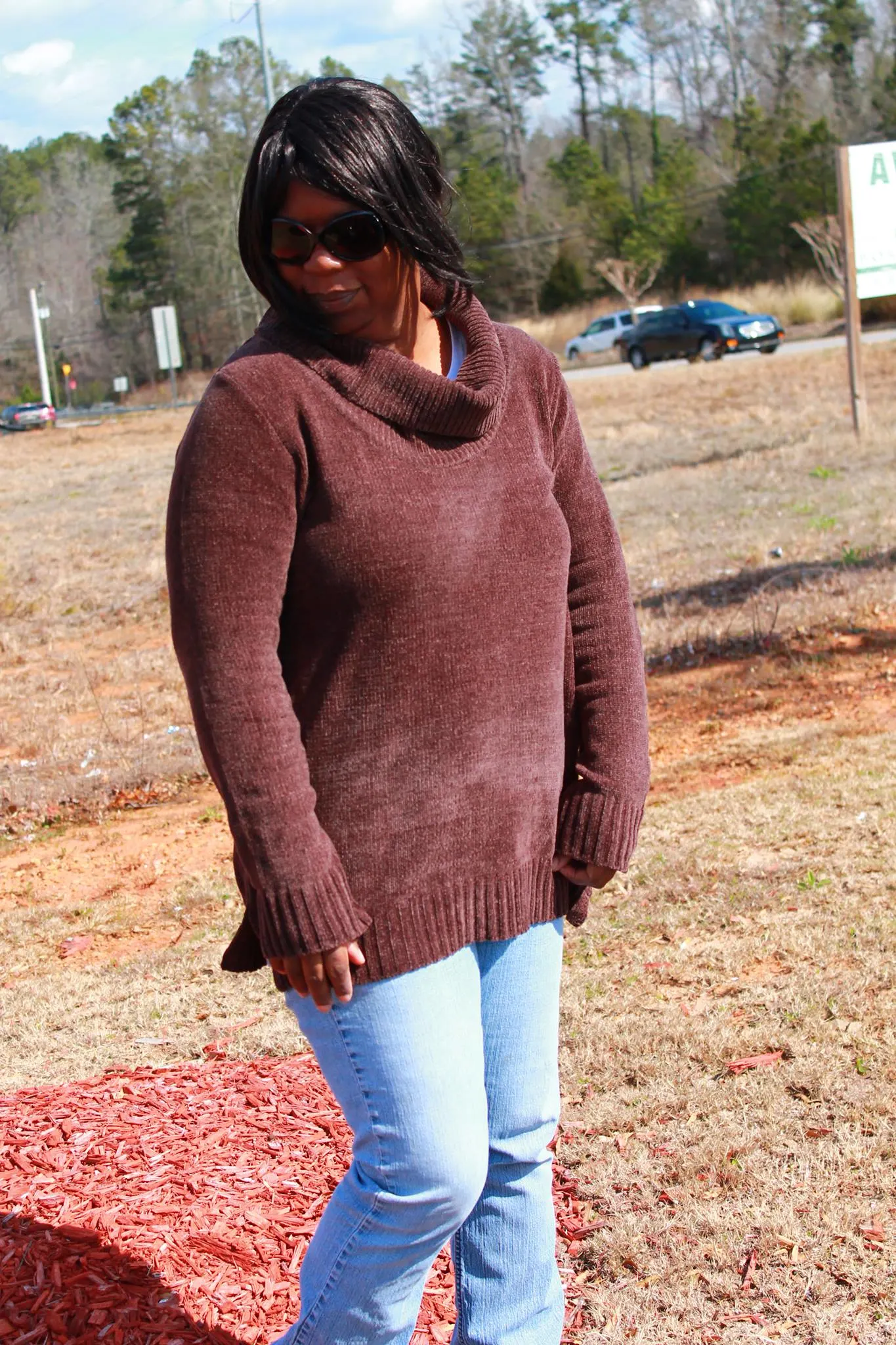
Hi there, my name is Allie and welcome to my blog; GareningWithAllie!
Much of what you see written here is just our personal experiences with gardening. Along with the content I write here, there is also a unique collection of gardening topics covered by some of our close friends. I hope you find everything you read here to be helpful, informative, and something that can make your gardening journey the most lovely experience ever! With that said, Happy Gardening!
